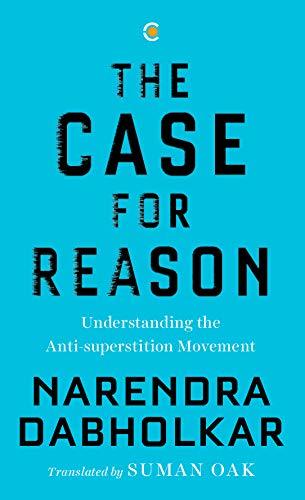What do you think?
Rate this book


326 pages, Hardcover
Published October 17, 2018
The philosophy in this country was: Brahma is satya and jagat is maya, that is, the material world we see and experience every moment, the joy or grief that emanates from it, is all illusion and therefore worthless. This is deeply rooted in our social psyche. We were told that Brahma is our real being and existence, no clue about what this Brahma is. Aham brahmasmi became our guideline. The parabrahma of the universe—the universal soul or the soul that pervades the universe (whatever that means)—and the brahma and the soul in me are very closely related and their reunion means emancipation: the ultimate goal of life. No wonder, our thought process remained devoid of the scientific outlook.This misplaced mysticism, in his opinion, resulted in our rejection of most modern science as “Western” imports and the extolling of our traditions, however despicable they may be, as superior.
Even six decades after independence, there is a ridiculous tendency to ridicule or condemn all that belongs to the West, exalting our own ancient traditions, proclaiming them as essential for eternal bliss. It is heatedly argued that science is not capable of bestowing tranquillity, and what is needed is spirituality. But this so-called spirituality has nothing to do with sublime humanism; it is a path of illogic, superstition and religious fanaticism.Thus, the promotion of the scientific temper which is the responsibility of all Indians as per our constitution, has remained but a pipe dream. This has indirectly helped regressive forces to keep society in stasis, with misogyny and caste hierarchy still rampant. That is why Dabholkar was silenced – and that is why we need more such voices.